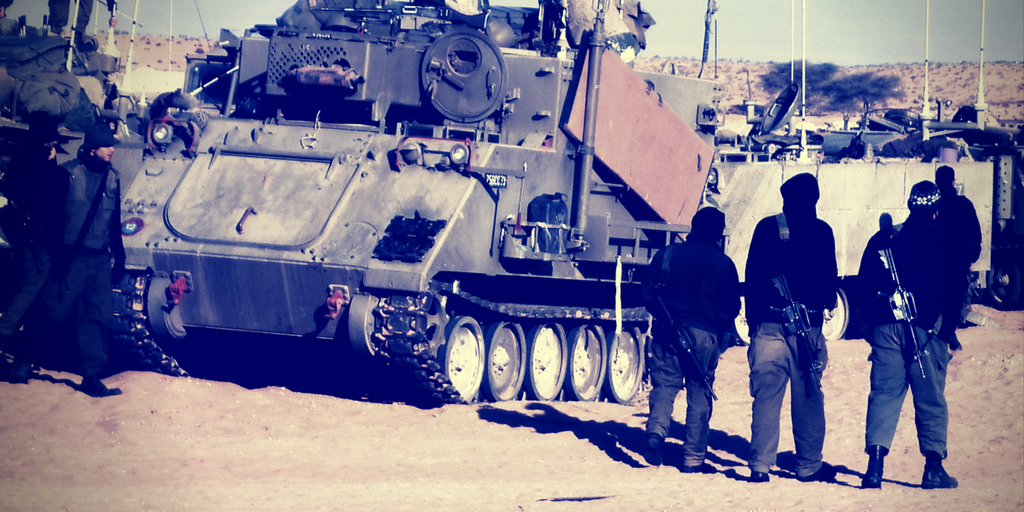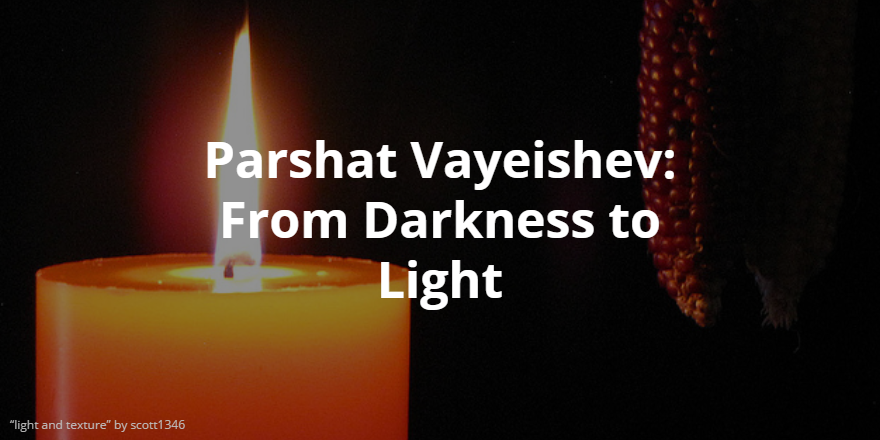Perhaps the gravest threat facing the nation today is the twin perils of a dangerous, delusional “Left” and an impotent, incompetent “Right”, unable to decisively and definitively discredit it.
The road to hell is paved with good intentions – attributed to Saint Bernard of Clairvaux, circa. 1150
It is neither an easy nor an enviable undertaking today for anyone trying to alert the public as to the perilous vulnerability in which the nation currently finds itself.
Deceptive signs of success and strength
After all, there are so many reassuring signs that seem to contradict such dour and dire assessments. Everywhere one looks, there are myriad signs of increasing success, affluence and strength—ever-wider highways, spanned by ever-more impressive interchanges, snake through ever-wider areas of the country, ever-more imposing glass and steel skyscrapers soar into urban skylines across the nation, the economy continues to be robust, with GDP spiraling upwards and—almost inconceivably a few years ago—the shekel was deemed the second strongest currency in the world.
Israeli technological achievement is increasingly sought after across the globe, living standards continue to surge, ever-more luxurious hotels and ever-more sumptuous restaurants abound, frequented increasinglyby domestic clientele. Overseas travel, once a rare extravagance for a privileged few, is now an experience enjoyed by millions of Israelis, who flock to far-flung destinations every holiday season. A burgeoning leisure industry, once unimaginable a few decades ago—from mountain biking and wind-surfing through gourmet dining to blue water yachting—flourishes, attracting growing circles of the population.
On the security front, Israel far outstrips its enemies in terms of martial prowess. Many of its traditional adversaries have disintegrated. The meltdown in much of the Arab world has all but eliminated any threat of conventional military assault on the country—at least until very recently.
Dangerous sense of complacency…or denial?
While all of this is true—and Israel has indeed much to be proud of—it seems to have given rise to a dangerous sense of complacency. Or is it denial?
For while some of the dangers that once confronted Israel have undeniably diminished—even disappeared—others, no less menacing, have emerged. (Indeed, it may even be—as we shall see—that some of the allegedly erstwhile dangers may well be reappearing—with a vengeance).
Of course, compared to the 1970’s, the threat of large-scale invasion by armies of Arab states has considerably receded. However, today the new threat is that of ongoing attrition by state-backed non-state, or quasi-state actors. To gauge the gravity of this threat, consider the following assessment by one well informed pundit regarding Israel’s northern border: “Hezbollah’s augmented arsenal has transformed it, from an Israeli perspective, from a manageable border menace to a strategic threat.” Reflecting similar concern is the ominous caveat from the left-leaning Institute for National Security Studies: “Hezbollah remains the most serious conventional threat Israel is facing, more than Hamas or Iran.”
Likewise, in the south, the quasi-state entity, Hamas, has increased its capabilities exponentially since Israel’s 2005 unilateral abandonment of Gaza, enhancing its high trajectory weaponry from ranges of 5 km to ranges of 100 km, and from war heads of barely 5kg to over 100 kg—while excavating a menacing system of attack tunnels and developing naval capability for assaults from the sea.
Unlearnt Lessons from deeds done…and undone
Underpinning the burgeoning military prowess of Hezbollah and Hamas is the support provided by Iran which, if it ever acquired weaponized nuclear capability, could supply a deterrent “umbrella” under which both could operate with relative impunity—together with any other terror organization that Tehran chose to sponsor.
But in recent months, the Iranian factor has acquired even more—and more immediate—significance. Exploiting the gory turmoil of the Syrian civil war, Iran has, with recent Russian backing and with no US objection, managed to set up a formidable military presence in Syria, virtually on the border with Israel, with the Iranian Revolutionary Guard (IRGC) operating unimpeded to recruit, train and equip locals to prepare for “battle against ‘the Zionist enemy’”.
So with the Iranian presence in Syria, Israel might soon find that it is once again faced with the need to contend with the threat of conventional military forces—on precisely the front where it was considered no longer relevant!
For Israel, the lessons of what it has done—and what it hasn’t—should be clear.
After all, the previously cited instances of non-state/quasi-state actors developing into strategic threats, able to menace millions of Israelis and to paralyze the nation’s economy, were the direct result of Israel abandoning territory to Arab rule—the center piece of the policy prescriptions promoted by the Israeli Left wing.
Conversely, the fact that the Iranian Revolutionary Guard is not perched on the Golan Heights, overlooking the entire north of the country, is precisely because Israel did not act in accordance with this perilous prescription.
(Significantly, had the fortunes of war turned out differently, and Sunni rebels prevailed, Israel would still have been in the unenviable position of having ISIS or al-Qaeda affiliates deployed there.)
The significance for the Left/Right divide
For readers wondering what this rather lengthy appraisal of Israel’s geo-strategic situation has to do with the domestic political divide within the country, the answer is simple.
Wherever the concessionary policy of the Left has been adopted, dreadful danger and devastation—for Jew and Arab—have ensued. Indeed, it is difficult to identify a single danger that the Right warned of that did not materialize, nor a single benefit that the Left promised that did.
By contrast, wherever the policy of the Left has been eschewed, terrible trauma and tragedy has been avoided.
Clearly then, a quarter century, since the Land-for-Peace paradigm was adopted as the centerpiece of Israel’s security and foreign policy, the jury is no longer out—or at least should no longer be out.
After all, virtually all that has —and has not—happened has totally vindicated the Right-wing claim that Israeli territorial concessions would not bring peace and security; and totally eviscerated the Left-wing claim that they would.
Accordingly, it seems almost inconceivable that despite being repeatedly disproven, the political doctrine of the Left has never been decisively discredited and certainly never definitively discarded.
Indeed, the very fact that this hopelessly failed formula continues to be not only a viable political prescription domestically, but one that continues to enjoy dominant international status, is the most strident condemnation of the political acumen of the Right in Israel—and its financial benefactors.
Dangerous delusional Left vs impotent incompetent Right
Accordingly, if one were called upon to best articulate the prevailing syndrome that characterizes Israeli domestic politics one would be hard pressed to find a more apt and accurate stipulation than the following: A dangerous and delusional Left promoting a fatally flawed and failed formula which an incompetent and impotent Right is neither capable of invalidating nor of producing a convincing, comprehensive and compelling alternative.
Indeed, for a good number of years, the Right conspicuously refrained from offering any countervailing paradigm and focused almost exclusively on denigrating the Left-wing Land-for-Peace proposal and (correctly) underscoring its deadly defects and detriments.
Accordingly, as I pointed out several years ago: “…the political “Right” has found itself unable to respond effectively to the pointed and pertinent question from ‘left-wing’ adversaries: “So what’s your alternative?” With no comprehensive countervailing paradigmatic position to promote or defend, the ‘Right’ found itself gradually forced to give way under the weight of this onerous question, and to adopt increasing portions of the failed formula it had rejected.” Lamentably, this culminated in Netanyahu’s calamitous 2009 acceptance of Palestinian statehood—which hitherto he had vigorously opposed.
Indeed, “today the formal position of the major ‘right-wing’ faction, the Likud, the party of Menachem Begin, founded on the ideas expounded by Ze’ev Jabotinsky, has, except for detail in nuance and tone, become indistinguishable from the positions [once] expounded by the ‘far-left’ Meretz faction”.
Left’s sins of commission vs Right’s sins of omission?
Accordingly, up until a few years ago, it could be deemed with a large degree of accuracy, that Israel is mired in an impasse that is the regrettable product of the sins of commission by the Left and the sins of omission by the Right.
However, in the last 4-5 years, some ideas—originating largely from civil society initiatives, rather than incumbent politicians—have emerged and are being advanced as an alternative to the pernicious two-state, Land-for-Peace proposal.
But as well intentioned as they undoubtedly are, virtually all these alternatives are poorly thought through. Almost without exception, their point of departure appears not be Israel’s strategic imperatives and how to adequately address them, but rather an endeavor to provide a proposal that is something other than the two-state Land-for-Peace formula.
Sadly, as appallingly risk-fraught as the two-state concept is, not everything that is not a two-state proposal is necessarily better than the two-state proposal. Indeed, most the alternatives being advanced by the Israeli Right demonstrably endanger the future of the Zionist enterprise no less—arguably, even more—than the two-state paradigm, which they are meant to replace.
Typically, such alternative proposals fall into three major categories:
– Those that propose to preserve the status quo by means of “conflict management”.
– Those that propose the annexation of all the territory in Judea-Samaria, together with its Arab residents.
– Those that propose partial annexation of Judea-Samaria and suggest allowing some sort of self-rule to Arab residents in a quilted patchwork of miniscule disconnected enclaves in about 40% (or less) of the territory.
The Lebanonization or the Balkanization of Israel
None of these proposals chart a clear path to a strategic future, in which Israel can fulfill the raison d’etre for its establishment – i.e. can endure over time as the nation-state of the Jewish people.
Indeed, as I have repeatedly been at pains to point out:
– The “conflict management” approach is little more than “kicking the can down the road” towards an even more risk-fraught future, waiting for the Palestinian Arabs—for some yet-to-be-articulated reason—to morph into something they have not been for the last 100 years and show little signs of becoming in the foreseeable future. Last week, I underscored the increasingly untenable situation that attempts to “manage the conflict” have wrought in the environs of Jerusalem by quoting the caveats of an erstwhile advocate of this approach. Indeed, it is difficult to comprehend what outcomes “conflict management” adherents envisage resulting in the long-run, from a policy of open-ended discriminatory rule over an increasing—and increasingly recalcitrant—population, held in indefinite political limbo.
– The full annexation of Judea-Samaria and the incorporation of the Arab residents into the permanent population with some form of enfranchisement will inexorably result in the Lebanonizaton of Israeli society and the eventual Islamization of the country—even if the optimistic demographers are right in their assessment, and after annexation, the Muslim sector will comprise “only” 35-40% of the population.
– Partial annexation of Judea-Samaria and restricting the bulk of the Arab population to a patchwork of miniscule disconnected semi-autonomous enclaves will lead to an unsustainable Balkanized situation—with a tortuous border of anything up to 2000 km, making it almost impossible to demarcate and secure Israel’s sovereign territory, effectively rendering that sovereignty meaningless.
Failure on the Right
The political Right in Israel has failed to capitalize on its adversaries’ failures, on its own electoral successes and the clear, innate support it enjoys in the Israeli public.
It has failed to convey how ludicrous it is for anyone professing to subscribe to enlightened liberal values to endorse the establishment of yet another homophobic, misogynistic Muslim majority tyranny—which is of course what the real significance of the two-state formula is.
Inexplicably, still somehow intimidated by disproven dictates of political correctness, the political Right fails to identify the Palestinians for what they really are—and how they define themselves as a collective – an implacable enemy and not a prospective peace partner.
The political Right has failed to correctly conceptualize the conflict as a clash between two collectives with irreconcilable core objectives in which only one can emerge victorious and the other vanquished—and hence, both morally and practically, Israeli collective security must be given priority over individual enemy rights.
It has failed to formulate a policy which adequately addresses Israel’s geographic and demographic imperatives necessary to ensure its survival as the nation-state of the Jews. To the contrary, instead of Israel’s strategic imperatives dictating the objectives of its diplomacy, it has allowed diplomatic difficulties to dictate Israel’s strategic policy.
Only once these failures have been adequately redressed, can the Israeli Right begin to formulate policy alternatives that will be any less perilous than the two-state, Land for Peace paradigm which it rightly—and righteously—rejects.


















